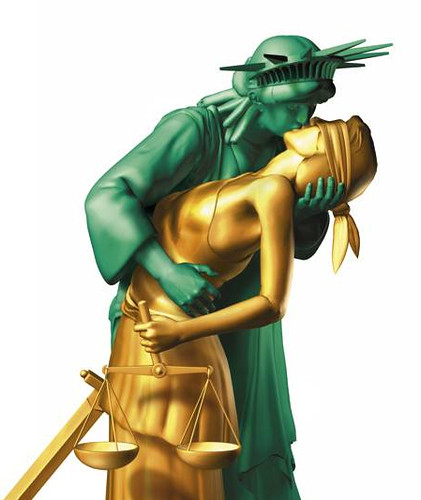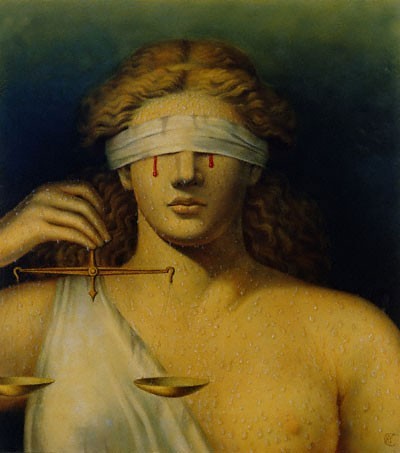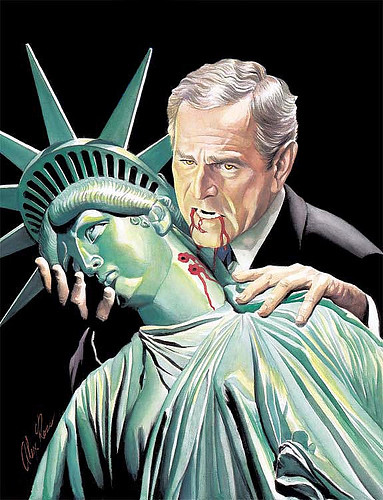I have written about a similar topic before but it has been on my mind again recently...
Shortly after becoming Muslim, I realized how common it is for Muslims to speak in extremely confident and extremely vague terms about what "the ulema" or "the scholars" have to say about this or that topic. At the same time, it was also very clear that in reality "the ulema" display a diverse range of orthodox opinions on a great many questions. The situation can definitely be confusing to a beginning Muslim.
One of the more beneficial talks I attended as a new Muslim was one which stressed the importance of finding a regular methodology for resolving the various fiqh issues one is faced with from day-to-day. One of the presenters even went as far as saying that pretty much given
ANY action, there was at least one
scholar who would argue that any action was halal. So if you just look to what "the ulema" say indiscriminately it would be possible to be lead by your ego and follow no law at all just by following the "easy rulings" of every scholar.
For practical decisions, one solution to this problem is to follow one of the traditional schools of fiqh (Hanafi, Maliki, Shafi, Hanbali). I would say that seeing this presentation was one of the significant moments which really got me thinking seriously about following a madhab.
I would suggest that there is a similar problem when it comes to broader spiritual questions. If you want good general advice about spiritual/religious/moral/ethical issues from an Islamic perspective, where do you go? In the sea of varied scholars with varied opinions, who are the reliable sources? This is the question which inspired the current post:
According to a well-known hadith:
"Allah shall raise for this Umma at the head of every century a man who shall renew (or revive) for it its religion" (Sunan Abu Dawud)
The Arabic term for this figure is the
Mujaddid and through the years Muslims have expressed a wide variety of opinions about the identity of
the Mujaddid or reformer for any given century.
At one point, I thought to myself that a good goal would be to go to
some traditional sources and with a list of mujaddids I felt comfortable with, and become more familiar with the ideas and biographies of the people identified as mujaddid for all 14 centuries. To be honest I didn't get very far. Part of it was due to motivation but to be fair, some of it was ultimately due to the fact that translation of Islamic works into English is an uneven process. And texts which are of interest to English-speaking Muslims are not necessarily going to the same as texts which are of interest to Western scholars.
In any case, the whole concept of mujaddid is what reminded me that in a lot of ways there are some healthy similarities between what I would call traditional or orthodox Islam and the best aspects of Roman Catholicism (and Eastern Orthodoxy and Oriental Orthodoxy). Just the idea that in century after century there were always saint-scholars who were reminding the community of basic truths about the religion, passing down, preserving and reforming a traditional orthodox faith. This sense of continuity is especially pronounced in the case of candidates such as Khawaja Moinuddin Chishti (founder of the Chisti order) or Abdul Qadir Jilani (founder of the Qadri order) or a prominent Naqshbandi like Ahmad Sirhindi because the Sufi orders themselves each have specific silsilahs or chains of master-disciple relationships which trace, in "apostolic" fashion, from the current head of a given branch of the order all the way back to the Prophet Muhammad (saaws). Even for Sunnis, most of these chains typically go through Ali ibn Abu Talib (ra) but occasionally (in the case of the Naqshbandis) through Abu Bakr Siddiq (ra).
In any case, I would just suggest that going to these major touchstones like the mujaddids or through shaykhs with a verifiable lineage seem like a reasonable way to navigate through the uneven sea of "the ulema".


